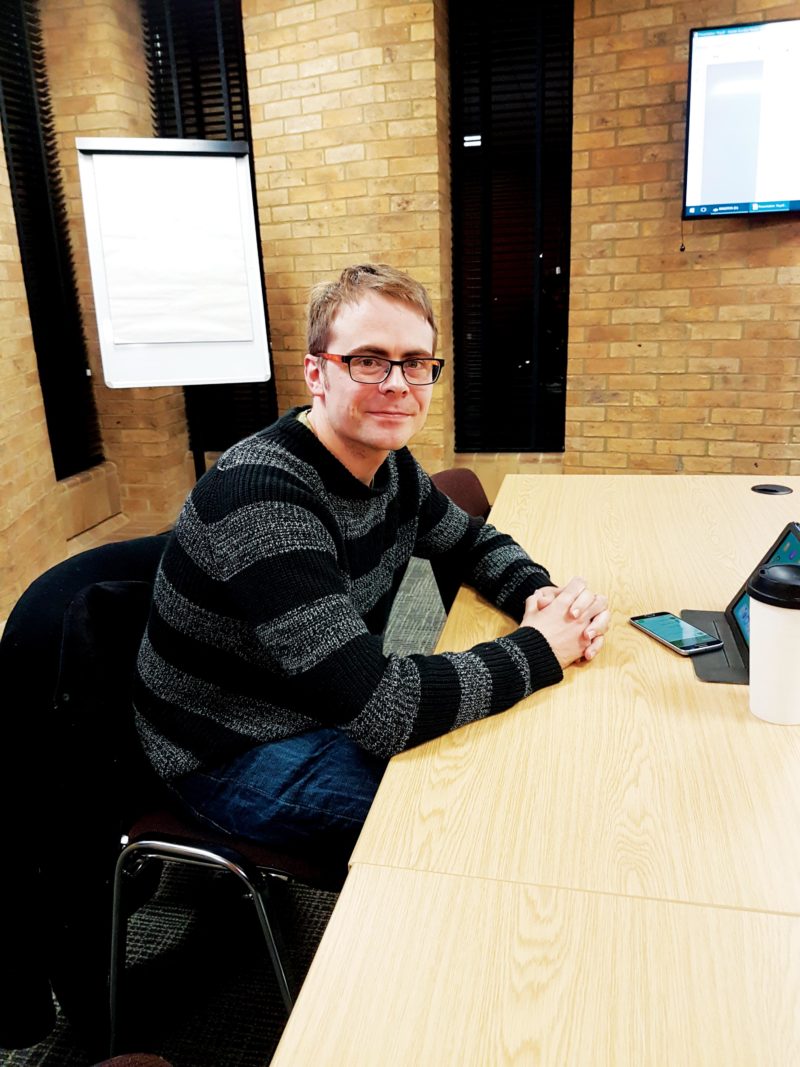Milton Keynes Labour Party Let's get Britain's future back.
Effective community involvement is central to improving planning policy and to engaging Milton Keynes residents in the planning application process.
Cllr Martin Gowans, Cabinet member for Planning and Transport said: “Consulting with local communities is the most important part of the planning process. In Milton Keynes we want to ensure that people have every opportunity to influence development in their communities from the very beginning.”
Milton Keynes Council has developed a new Statement of Community Involvement and following two months of community consultation have now produced a new strong statement of commitment to community involvement.
- This statement will be agreed by the Councils Cabinet on Tuesday 9th
- The eight principles of Community involvement are in Appendix A (below)
Cllr Gowans added: “I am strongly committed to enhancing resident and community involvement in the planning process. Whether the Council is producing a new Local Plan, a Neighbourhood Plan or considering a planning application community involvement is a must.”
Cllr Gowans concluded: “The eight principles of Community involvement represent good practice, but even more importantly they highlight that the Council will always listen to and engage with people before agreeing new planning policy or making a planning application decision.”

Appendix A.
Eight Principles of Community Involvement in Planning
Council will work by following the eight core principles:
- We will meet and where practicably possible exceed the minimum standards for community involvement set out in legislation.
- Consultation should be accessible to all regardless of age, gender, faith, race, disability, as well as knowledge and experience, making it easy for groups and individuals with little or no knowledge of the planning process to get involved.
- Consultation materials will be clear and concise, and avoid jargon wherever possible. The scope of the consultation will be clear from the start, so respondents know what they can comment on and how their comments will be taken into account.
- Whenever possible, feedback will be given to reflect how comments received have been incorporated into the planning process.
- Consultation methods will be used that are appropriate to the stage of the planning process concerned. These will seek to maximise the opportunity for community involvement, while making sure the resources they require are proportionate, and time- and cost-effective.
- Consultation methods will make widespread use of electronic and modern media techniques wherever possible to make consultations easier, quicker and more cost-effective. They will be used alongside traditional methods, including printed media, exhibitions and meetings.
- Written information will be made available in alternative, accessible formats if requested, such as large print, Braille, audio or translated into another language.
- Engagement in the planning process will be encouraged from the earliest stage possible (‘front-loaded’), when there is greater opportunity for the views of interested and affected parties to be reflected in decisions made.
